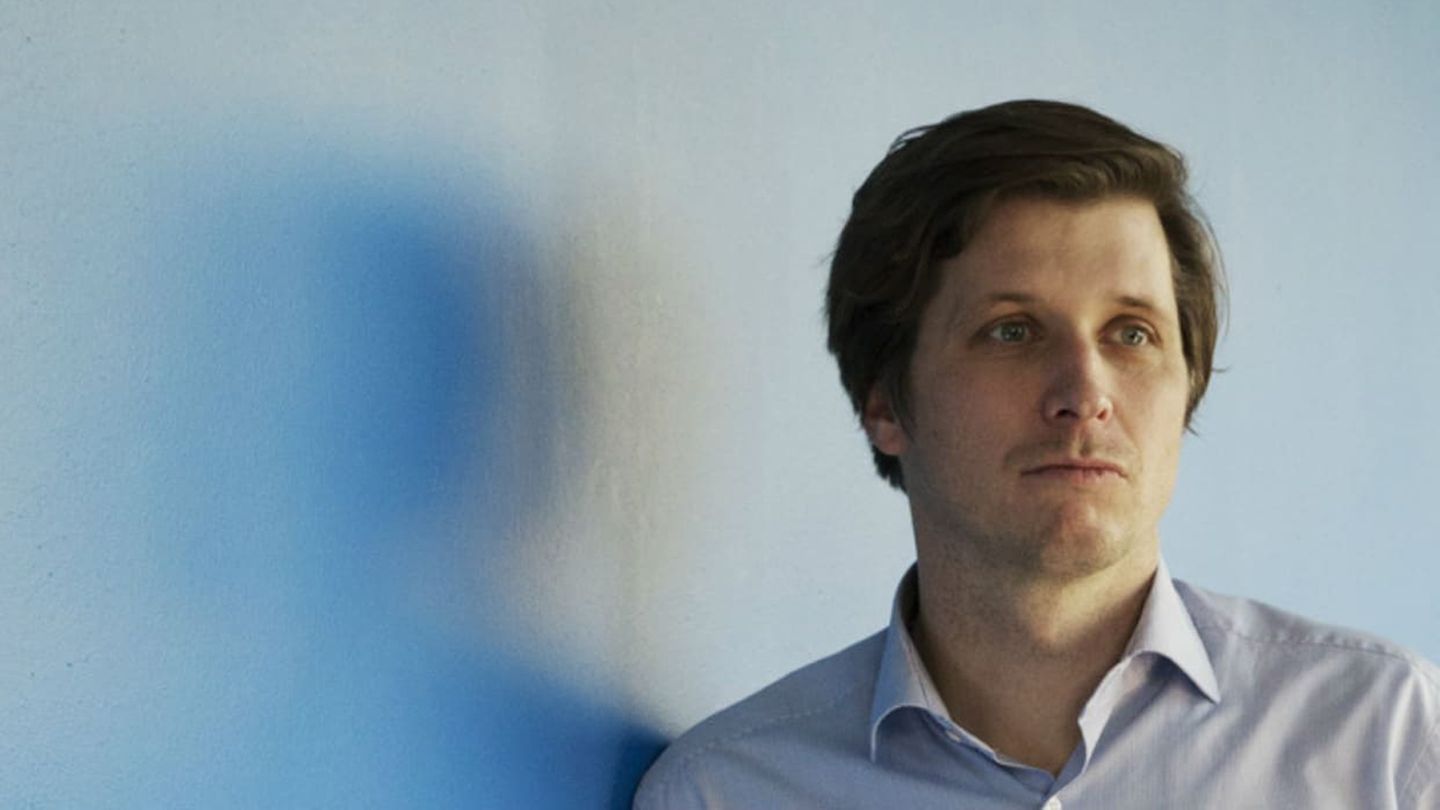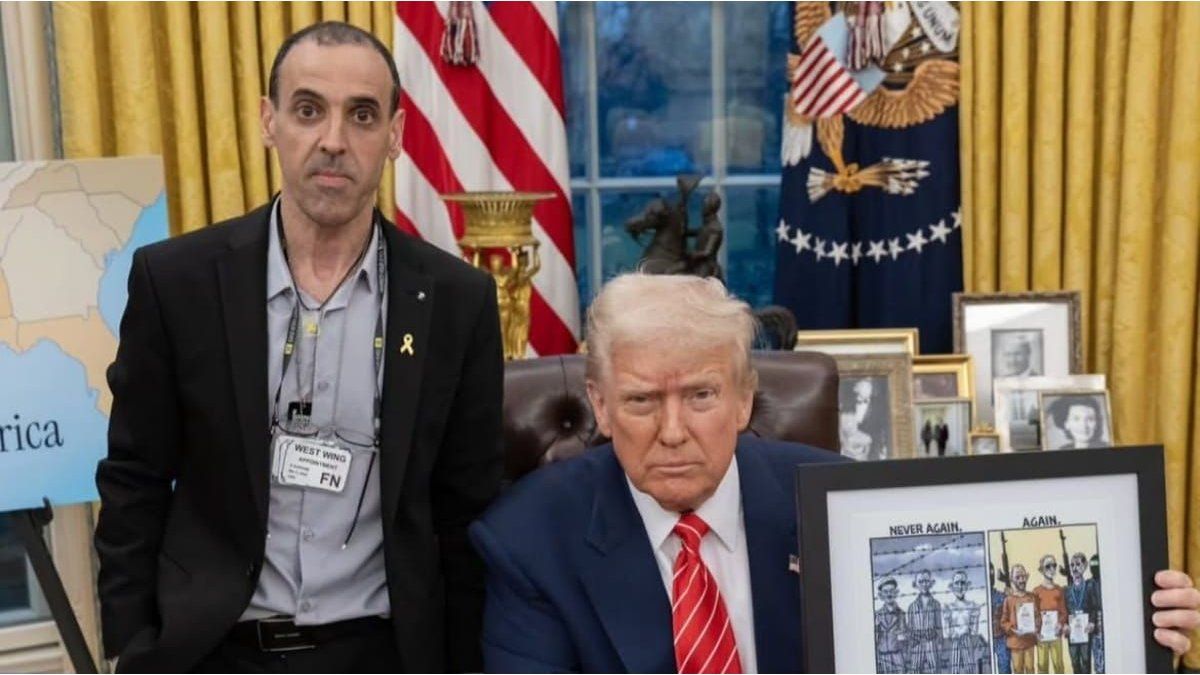Podcast
The topic of debt pops up again and again in the election campaign – because the German state did not only borrow three-digit billions in the pandemic. He must continue to invest heavily in the future, especially in climate protection. But how do you finance the whole thing?
The Bonn economist Moritz Schularick advises getting into debt – and not increasing taxes. “So much money is being saved in the world, many investors would like to give it to the German state for free. We just have to tap into the global piggy bank,” says Schularick, who is part of the this week stern-Action “New Start Germany” is running.
One should stop with the “culture struggles” about the black zero, says Schularick. “The important thing now, to say it with Helmut Kohl, is what comes out in the end – we have to invest more. Whether we do it with secondary budgets or suspend the debt brake is of secondary importance. If investments benefit the next generations, the money is well invested. From an economic point of view, raising taxes would be nonsense. ”
Schularick, who has researched and taught in the USA, France and Great Britain, belongs to a new generation of economists who have become known for their studies – on financial crises or the real estate markets. Schularick also advised the government on the pandemic.
The state is overwhelmed
In his new book “The Disenchanted State” he takes a critical view of the Corona crisis management. The state revealed major weaknesses in the pandemic. “It wasn’t just about individual wrong decisions, but about patterns: the state was organizationally and intellectually overwhelmed,” says Schularick. That is why the role of the state has to be rethought. “We need a proactive state, as we can see especially in the flood disaster – a state that not only reacts to crises, but also plans with foresight and is an important player.”
In his book, Schularick asks quite provocatively: “How should a state that does not manage to install fans in the classrooms of its schools manage the complex ecological restructuring of the economy?” From Schularick’s point of view, three areas are central: “First of all, it’s actually just about equipment. Computers, software, staff in authorities, we have to network health authorities – we have to invest a lot of money there,” says the Bonn economist. Second, it is about better networking between science and politics. Scientists should “leave the ivory tower and venture more into the battlefield of politics”. The role model is the USA, “where the brightest minds and strategists from universities sometimes switch to the White House and advise the president.”
And it is about a change in mentality: “The state and society as a whole are too despondent when it comes to taking risks, being pragmatic, sometimes going unconventional and breaking rules when it is important,” said Schularick. “Let’s take the question of whether we should vaccinate adolescents from the age of twelve. There are arguments for and against. We have been discussing for months. Why does nobody weigh up and decide?
Listen to:
- Why Germany needs big “missions” like the moon landing
- What the Bonn economist thinks about Karl Lauterbach’s Twitter account
- What Moritz Schularick would advise the new Chancellor
You can find all episodes directly at , or or via .
Jane Stock is a technology author, who has written for 24 Hours World. She writes about the latest in technology news and trends, and is always on the lookout for new and innovative ways to improve his audience’s experience.




